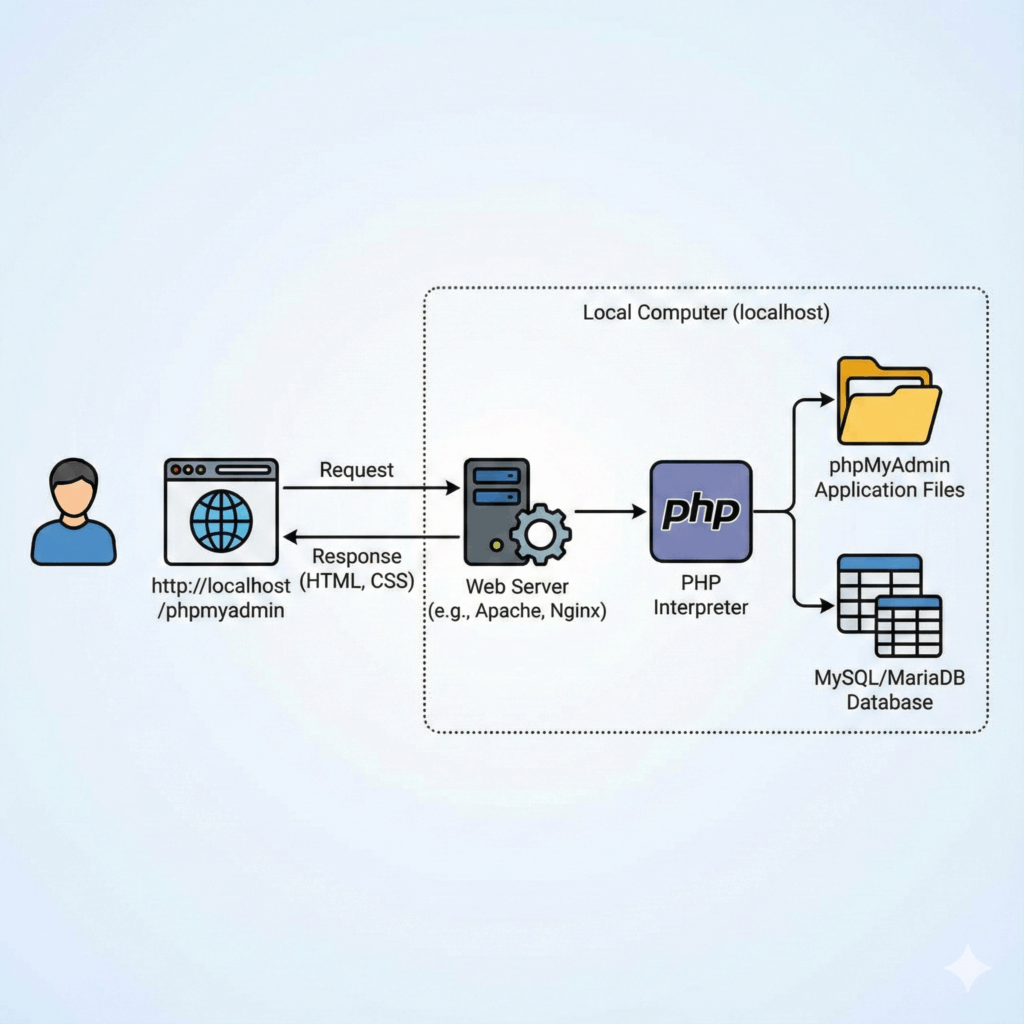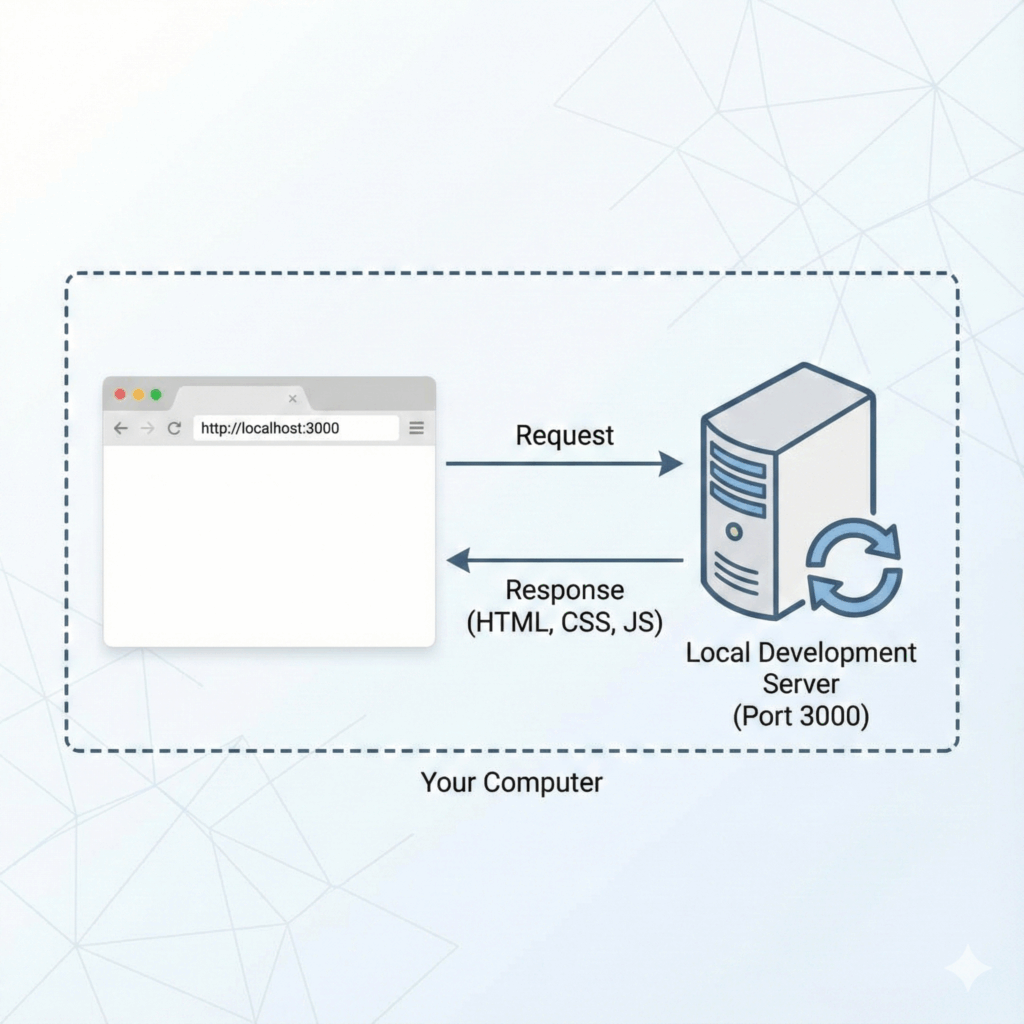Have you ever thought about who protects your data while you scroll, shop, or stream? Behind the scenes, there are cybersecurity analysts working tirelessly to protect against digital threats that are growing smarter every day.
If you are an IT graduate with a passion for technology and problem-solving, this could be your ideal career path. The transition from IT to cybersecurity is not just a simple move. It’s a strategic advancement.
Your IT background already gives you a solid foundation in networks, systems, and databases, all essential skills in this high-demand field. But becoming a successful cybersecurity analyst involves more than just specialised knowledge.
You’ll need technical certifications, applicable experience, and a security-first mindset. To assist you in this regard, this article breaks down all the necessary steps to turn your IT degree into a powerful cybersecurity career.
Key Points Discussed in the Article:
Here’s what you need to know:
- Cybersecurity has become one of the fastest-growing and most rewarding career fields in the world of technology.
- The highest salary for a Cyber Security Analyst in London is £63,759 per year.
- An IT degree provides essential tech skills needed for cybersecurity roles.
- Certifications like CompTIA Security+ and CEH can fast-track your transition.
- Hands-on experience through internships, training and diplomas can help you
- succeed.
- Cybersecurity analysts must stay updated on evolving threats and tools.
How to Become a Cybersecurity Analyst?
In today’s world, cybersecurity has become one of the fastest-growing and most rewarding career fields in the world of technology. As cyber threats are increasing, data breaches occur on an everyday basis, and the demand for cybersecurity professionals has skyrocketed.
For IT graduates, the shift into the cybersecurity field not only offers job security and an excellent balance but also remains a dynamic and impactful career track. According to Glassdoor, the highest salary for a Cyber Security Analyst in London is £63,759 per year.
But the real question is how to become a successful cybersecurity analyst. Here, we will walk you through the full journey from earning your IT degree to landing your first role as a cybersecurity analyst.
No matter you are a university-going learner or a fresh graduate wondering where to go next, this comprehensive breakdown will help you understand the roadmap to success in the cybersecurity domain.
Let’s dig into the details to become a cybersecurity analyst right away:
1: Understanding the Role of a Cybersecurity Analyst
The foremost and major effort to become a booming cybersecurity analyst is to comprehend the position and its key responsibilities. Understanding duties and job description like a cybersecurity analyst is responsible for protecting and shielding an association’s computer systems, networks, and data from cyber perils.
What does a cybersecurity analyst do? So, to assist you, here’s a list of core responsibilities of a cybersecurity analyst:
- Conducting risk assessments and security audits
- Monitoring network traffic for suspicious activity
- Responding to security incidents and data breaches
- Updating firewalls, antivirus, and other security tools
- Training employees on cybersecurity best practices
This includes identifying vulnerabilities, monitoring for breaches, investigating security incidents, and implementing solutions to prevent future attacks.
2: Building a Strong Foundation with an IT Degree
Your journey to land on dream cybersecurity analyst job normally starts with an undergraduate degree in the below mentioned fields:
- Information Technology (IT)
- Information Systems
- Computer Science
- Network Administration
These programs provide the necessary knowledge and skills in:
- Computer Networks
- Database Systems
- Operating Systems
- Programming
- Systems Analysis And Design
Students should pay closer attention to courses that provide knowledge on security, data protection, or risk management. But normally, these courses come with lengthy writing projects to help learners. understand theoretical concepts in detail.
And if you find it difficult to craft high-quality assignments to secure top grades, you can reach out to a legitimate assignment writing service like The Academic Papers UK to receive immediate expert assistance to ease your academic journey.
3: Acquiring Basic Certifications Early
In a world where every second individual is graduating from a prestigious university or an institute, it can be tough competition to land your dream career. Therefore, acquiring basic knowledge and obtaining some certifications can help students become valuable assets in their desired fields.
Diplomas add credibility and help build enthusiasm and confidence, particularly for entry-level professionals. As an IT graduate, you can pursue the following beginner-friendly cybersecurity certifications:
Here are some entry-level certifications students can consider seeking:
- CompTIA Security+: Also known as Computing Technology Industry Association Security+, is an Industry-recognised certification that covers network security, threats, cryptography, and access control.
- Cisco Certified CyberOps Associate: This offers a foundation in SOC operations, incident response, and cyber threat intelligence.
- Certified Ethical Hacker (CEH): It is useful for understanding hacker techniques and how to defend against them.
So, you can combine self-study with online bootcamps or some online training platforms like Cybrary, Udemy, or Coursera to support your learning and confidence to land in your field.
4: Gaining Hands-On Experience
While theoretical knowledge matters for learning, employers often value and demand practical experience even more. As you enter the cybersecurity field, try to acquire hands-on experience to make sure you are a good fit for any organisation.
For this purpose, you can look for internships with associations offering roles in IT support, network administration, or information security. This strategy will not only uplift your understanding but also help you find your ideal career path in the cybersecurity landscape with ease.
5: Transitioning from IT Roles to Cybersecurity
Remember, after finishing your IT degree, you might first get an all-around IT role such as system manager, helpdesk mechanic, or network analyst. These roles permit you to learn establishment atmospheres and build trust within your organisation. Over time, you can shift or change to your dream role.
Here are some bridge roles:
- IT Auditor: This role focuses on observation and risk and is often a stepping stone into cybersecurity.
- Security Operations Center (SOC) Analyst: This entry-level cybersecurity job applies real-time threat monitoring.
- Network Security Administrator: It will ensure firewalls, routers, and switches are configured securely.
After having a look at the above-discussed roles, you can talk to your supervisor to form a team and provide training or assistance on minor IT projects. This approach will foster visibility and transition naturally into the field.
6: Advanced Certifications to Level Up
Once you have attained preliminary and fundamental experience related to your cybersecurity field, it’s time to upgrade your resume or portfolio with advanced-level certifications and diplomas.
Getting a cybersecurity analyst internship, training, certifications, and diplomas will let your employer know you are equipped with competitive knowledge and practical experience. Even these certifications will be beneficial for you when you are crafting cybersecurity dissertations to secure your degree.
Apart from boosting your knowledge, certification will also assist you in your job hunt and boost your learning journey. Each certification adds significance to your resume and signals readiness for more serious responsibilities.
7: Specialising Within Cybersecurity
It goes without saying that cybersecurity is a broad and emerging field, so it’s advised that IT graduates who want to transition their careers into it must pay attention to specialisation. You can pick a specialisation of your own choice, and this helps you to build deeper skills and stand out in the cybersecurity analyst jobs market.
So, if you enjoy solving puzzles and investigating or think like a hacker, you can turn it into an ideal career in ethical hacking. Another rewarding career IT graduates can choose is a SOC (Security Operations Centre) analyst who works around-the-clock networks and responds to threats in real time.
This role is perfect for you if you are well-focused and good at spotting patterns. So, choose a path that matches your strengths, passions, and taste, and this will enable you to serve in your dream domain and enjoy the ride.
8: Building a Strong Portfolio
Just as web developers showcase their websites, cybersecurity experts and professionals need portfolios to land their dream employment. Here’s what you should do to build a strong portfolio to rock in the tech industry:
- Write-Ups: Document your process for solving Capture the Flag (CTF) challenges.
- GitHub Repos: Post scripts, automation tools, or vulnerability reports.
- Bug Bounties: If you have responsibly disclosed a security flaw, it’s impressive to highlight.
- LinkedIn & Blog: Share cybersecurity news insights, tool reviews, or your learning journey. Thought leadership builds credibility.
Hiring managers appreciate self-starters who go beyond the job description.
9: Preparing for the Job Hunt
Once you have gathered the right skills, experience, and certifications, it’s time to land your first official cybersecurity analyst role. You can optimise your resume with the following steps:
- Tailor it to job descriptions using keywords like “SIEM,” “threat detection,” or “incident response.”
- Highlight internships, projects, and certifications prominently
- Quantify impact wherever possible (e.g., “reduced vulnerability scan time by 30%”)
Also, stay current with recent breaches or vulnerabilities. Recruiters often ask for your opinion on real-world cases.
10: First Job as a Cybersecurity Analyst: What to Expect
Once hired, you’ll likely start in a junior analyst or SOC analyst role. Early tasks may include:
- Monitoring SIEM (Security Information & Event Management) dashboards for anomalies
- Writing security incident reports
- Responding to phishing attempts
- Updating security policies and controls
Expect shift work if you are in a 24/7 SOC environment. It’s high-pressure but a great place to learn fast. As you gain experience, you’ll be trusted with deeper analysis, threat hunting, and decision-making responsibilities.
11: Career Growth Opportunities
Cybersecurity isn’t a dead-end path. It leads to exciting roles in leadership, architecture, and even global policy. After a few years as a cybersecurity analyst, you can transition into:
- Security Architect: This role designs the organisation’s security infrastructure
- Incident Response Manager: This leads the team that reacts to breaches
- CISO (Chief Information Security Officer): It oversees the company’s entire security strategy
- Cybersecurity Consultant: Here you’ll work with various clients, often remotely or freelance
- Red Team/Blue Team Leader: Runs simulated attack or defence drills to test resilience
With continuing education and experience, your earning potential and impact both grow exponentially.
What Skills Are Required to Be a Cybersecurity Analyst?
To become a cybersecurity analyst, you need both technical and thinking skills. You should understand how computers, networks, and software work. It’s important to know how to protect systems using firewalls, antivirus tools, and secure passwords.
Analysts also need strong problem-solving skills to find and stop cyberattacks quickly. Being curious and alert helps you notice when something looks wrong. You don’t have to be a math genius, but being comfortable with basic tech tools is important.
Communication is another key skill, which you’ll often need to explain problems or solutions to people who don’t know much about cybersecurity. But for students, gaining such skills to thrive in the cybersecurity field becomes quite difficult due to heavy academic workloads such as assignments, quizzes, and preparation of presentations.
So, most of them prefer to consult top-rated assignment writing agencies like Affordable Dissertation UK to receive immediate assistance.
Another name, FAST Assignment Help, is a pioneer in providing high-quality, well-researched assignments to students, allowing them to invest their time in gaining practical knowledge to flourish in the competitive market.
How Much Does a Cybersecurity Analyst Make?
Cybersecurity analysts earn a good salary because they help protect important computer systems. On average, a cyber-security analyst’s salary is $126356 per year in the United States.
Beginners may start with a lower salary, but as they learn more and take on bigger tasks, their pay goes up. Some analysts who work in large cities or for top tech companies can earn even more sometimes over $130,000.
Also, since cyber threats are rising, the need for skilled analysts is growing, which means better pay and more job offers in the future.
Does a Cyber Security Analyst Require Coding?
A cybersecurity analyst doesn’t always need to know coding, but if you learn coding, it will help you in the future. Many entry-level positions concentrate more on watching and managing systems, responding to alerts, and using security devices that don’t need coding.
But as you grow in your domain, you’ll realise that comprehending basic programming languages such as JavaScript, Python, or SQL can help you perform amazingly. So, learning coding to enter the cybersecurity landscape is not necessary, but it will help you grow faster in your career.
Is a Cybersecurity Analyst a Good Career?
Yes, cybersecurity is a great career choice for the future. Today, almost every school, bank, and hospital uses the internet. This means there’s a big need for experts who can protect important data from hackers.
The job is in high demand, so there are plenty of opportunities and strong job security. Pay is good, and the field keeps growing. You can work for tech companies, the government, or even from home.
Plus, it’s meaningful work; you help protect people and businesses from online crimes. If you enjoy solving puzzles and working with computers, this career could be a perfect fit.
Conclusion
Choosing a cybersecurity analyst career path is a wise and rewarding decision an IT graduate can make in their professional endeavours. This domain demands that learners enter with dedication, constant learning, and a fondness for digital protection and defence.
As time passes and technology evolves, it offers a wide range of positions and directly contributes to global security. By building a strong foundation, acquiring relevant certifications, gaining hands-on experience, and specialising based on your interests, you can convert your IT background into a profitable cybersecurity profession.



